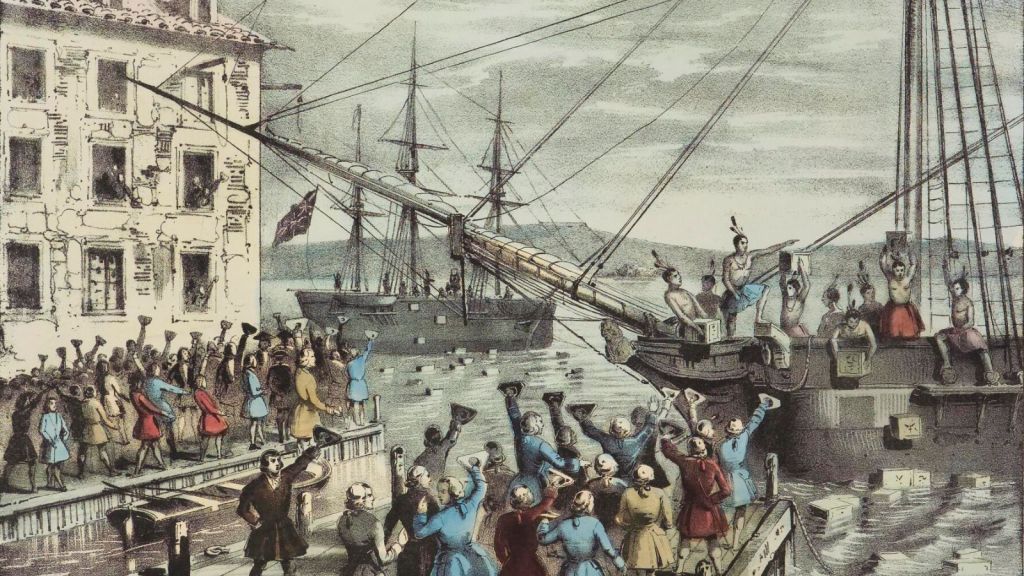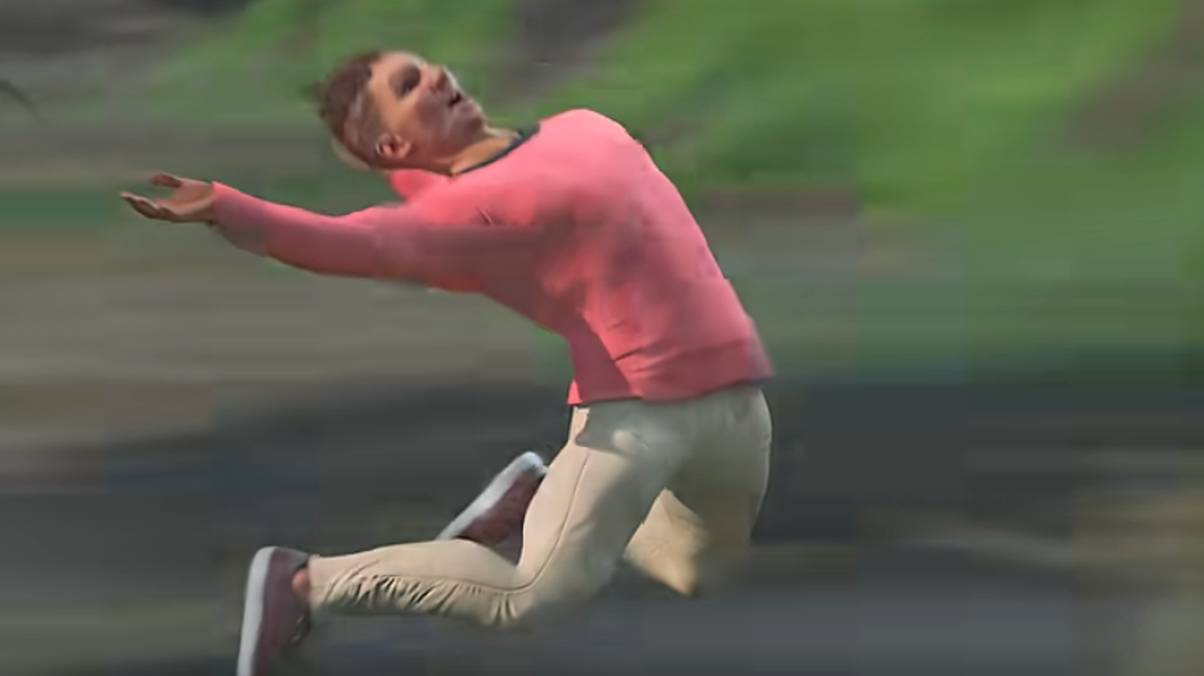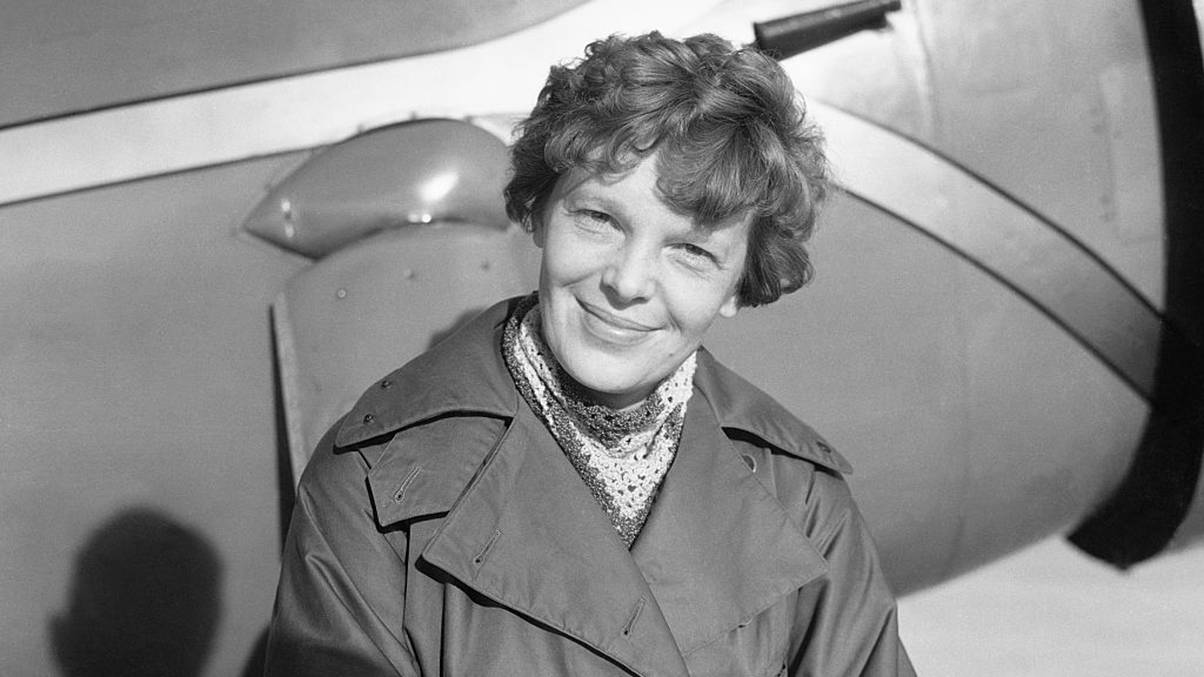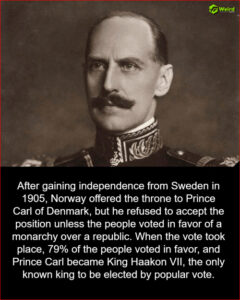“Unravel the Secrets of December: 14 Historical Events That Changed the Course of Time!”
However, the harmful effects of radiation exposure were a sobering lesson, shaping future safety measures in scientific research.
11. First Nobel Prizes Awarded – December 10, 1901


Sweden hosted the inaugural Nobel Prize ceremony, honoring achievements in science, literature, and peace. Alfred Nobel’s vision of celebrating innovation and progress continues to this day.
These prizes have since recognized some of the most brilliant minds and ideas that have shaped our modern world.
12. First Heart Transplant – December 3, 1967


South African surgeon Dr. Christiaan Barnard performed the world’s first successful human heart transplant on this day. The patient, Louis Washkansky, lived for 18 days post-surgery, a milestone in medical history.
While it wasn’t a long-term success, the procedure proved what was possible and opened the door to modern heart transplantation, saving countless lives in the decades to follow.
13. Roald Amundsen Reaches the South Pole – December 14, 1911


Norwegian explorer Roald Amundsen and his team were the first to reach the South Pole, beating British explorer Robert Falcon Scott by more than a month. The feat required immense planning and survival skills in one of the harshest environments on Earth.
Their achievement was not just about national pride, it showcased humanity’s insatiable curiosity and ability to conquer the most extreme challenges.












